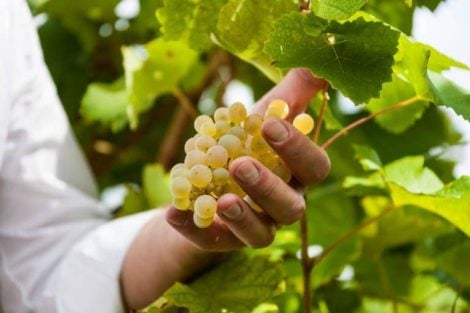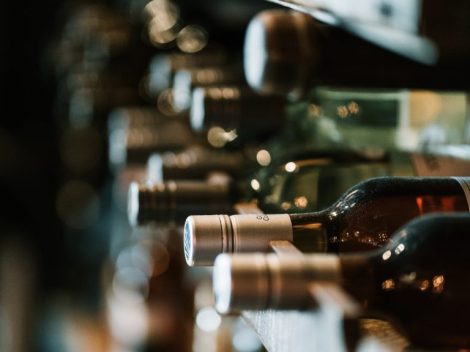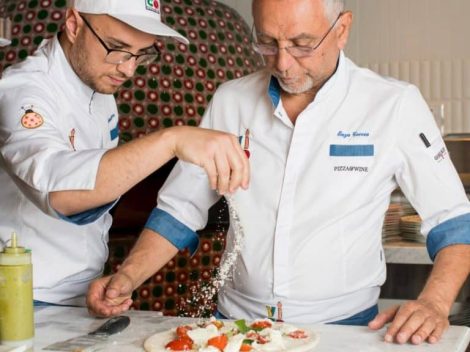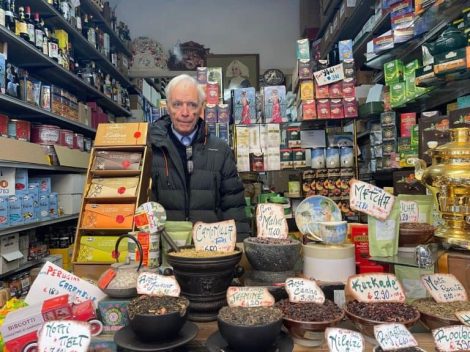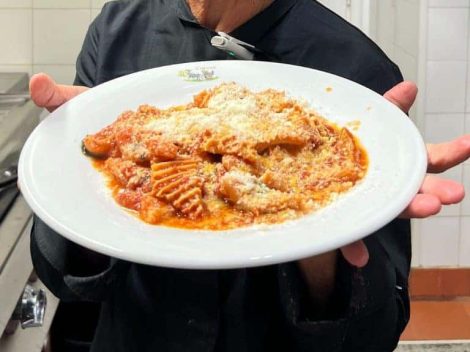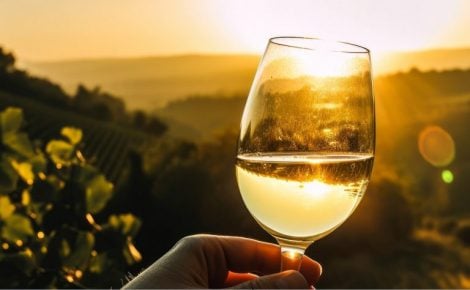by Vittorio Ferla
There's a storm brewing among Langhe producers, divided over the proposal to lift the traditional ban on planting Nebbiolo vineyards for Barolo or Barbaresco on north-facing hillsides. The rationale behind the change - within the package of reforms proposed by the Consortium for protection - is the climate upheaval that, due to prolonged periods of drought risking irreversible damage to productions (Federica Boffa of Pio Cesare raised the alarm in early February with an interview with Gambero Rosso), pushes for seeking vine breeding conditions compatible with the heatwave and lack of rainfall.
To preempt criticism, Matteo Ascheri, president of the consortium, specifies that the currently limited vineyard area of Barolo and Barbaresco would remain the same, providing only "an additional agronomic opportunity for producers." Furthermore, Ascheri observes, "north-facing vineyards allow for greater sustainability because there's no need to resort to emergency irrigation that might become necessary with increased drought."
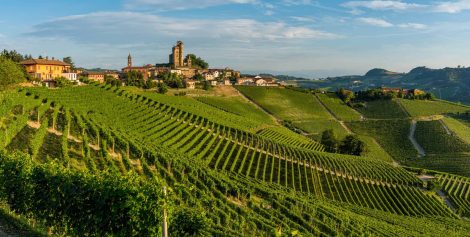
May will see voting for Consortium positions
Despite the reassurances, tensions remain high: some producers prefer to remain silent on their preferences to express themselves directly in the secrecy of the ballot box. The voting is already active but with no deadline: to pass the changes, 65% of votes are required. However, on May 7th, voting will also take place for the renewal of Consortium positions, and likely the disciplinary issue will sway in one direction or another.
"There's confusion among producers," admits Gianluca Gallo, commercial director of the Clavesana cooperative winery. Recently, he recounts, "the Barolo consultation called all producers: during the meeting, everyone stays silent and seems aligned, but then discussions emerge outside official venues." Gallo, for his part, is in favor - "Opening to the north seems forward-thinking: the best exposures cannot remain as such forever" - but he is pessimistic: "In my opinion, the changes won't go through. Moreover, there's no deadline, and to understand something about the future, we'll have to wait for the Consortium positions' renewal on May 7th."
Opponents speak of deforestation risk
Anna Maria Abbona, a winemaker in Dogliani, a territory rich in woods where Langhe's monoculture hasn't taken root, is steadfastly against: "Going north to seek a bit more acidity and less heat, but what if the climate changes again in a few years? For me, biodiversity is a fundamental issue, we must think about what we leave for those who come after. The risk of deforestation is high: in my opinion, if we go north, we need to compensate with reforestation or other crops instead of vineyards from other areas." And she concludes: "I'm against monoculture, we can even forgo some income to safeguard biodiversity."
For producer Giuseppe Blengini (Monsignore company), "climate change is real, but we don't yet have enough data to understand how to react, sensible studies are needed before making changes," he warns. Furthermore, "our customer seeks Langa made not only of vineyards but also of countryside and farming, today the Barolo and Barbaresco areas, all vineyards, are no longer like those in Beppe Fenoglio's time." Finally, he sounds an alarm: "We need to see if the quality is up to par, otherwise, with expansion to the north, we risk a spectacular own goal."
Roberta Ceretto, ambassador of one of the historical families of the denomination, is also against extending northward: "The problem isn't the north but attention to quality. We've fought to show how cool it is to make Barolo and Barbaresco and then we find bottles of the DOCG at 9 euros. Talking about the climate is very fashionable: the problem exists but exposure isn't the point, other solutions can be found. There's no need to plant in the north, but newcomers are looking for new spaces. Let's remember, however, that originally the regulations stopped halfway through the current territory. If we were in France, we'd all be against it."
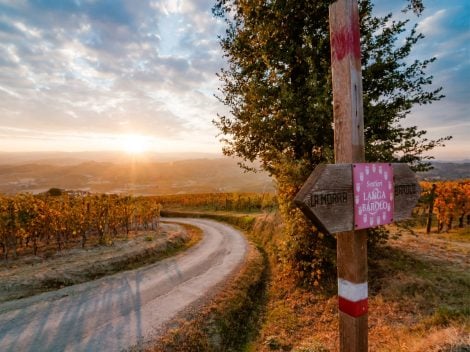
The drought problem
"The issue of the north should be approached scientifically," agrees Sergio Germano, a viticulturist in Serralunga d'Alba, who accuses: "It was presented in the board of directors without preparation, and now we're already in the voting phase. But this way, we risk nullifying the work of our ancestors." Then he explains: "If the problem is drought, the lack of rain affects both the south and the north. Before proceeding with changes, the consortium should promote thermohydrometric surveys for at least three years."
So how do we tackle the threat of drought? "More attention to soil fertility with richness in microorganisms, better vine health: I say no to extremism, experience and gradual changes are needed. Irrigation can be experimented with, it could become an acceptable practice: but let's remember that water must be available and our soils are marly: how many liters would be required and what effectiveness would it have?", he concludes.
On the drought issue, Walter Abrigo of Fratelli Abrigo also intervenes: "We should open to irrigation with appropriate aid, the National Recovery and Resilience Plan was supposed to serve this purpose."
The front of possibilists widens
According to Martina Culasso, the latest generation of the Piercarlo Culasso winery based in Barbaresco, there's still room for reflection: "We don't know what it will be like in 5-10 years, and we should avoid the risk of monoculture." A 'yes' or 'no' on the 'north issue' comes from another Federica Boffa, owner of Serio&Battista Borgogno company based in Barolo: "If they are already Nebbiolo vineyards, it makes sense to give the okay because in certain years it can help, but if it leads to deforestation, I would be absolutely against it: we support forests, we have them ourselves and we have no intention of cutting them down to create new vineyards."
The issue of the north is an old debate, assures Nicola Argamante, an agronomist, and owner of Podere Ruggeri Corsini in Monforte d'Alba: "I have been a consortium counselor, and it's been talked about for 20 years." Argamante says: "In the future, it will be increasingly hotter, and an opening to the north I would do: there isn't always quality to the southwest, just decreasing the angle of 'non-plantability' to the north would suffice."
Nico Conta, president of Enrico Serafino, is also a possibilist: "We are for trying, we have no prejudices." And on the deforestation issue, he adds: "Monoculture already exists, compensations are needed if anything: if we go north, we move the forest elsewhere."
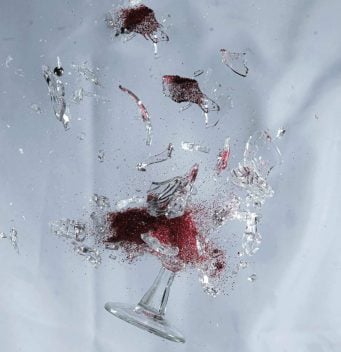
The supporters leverage climate change
Daniele Scaglia, general manager of Rèva based in Monforte d’Alba, agrees with the shift to the north: "Once, the best exposures were those where the snow melted away; now, with climate change, Nebbiolo ripening could find a more favorable environment in exposures that were once considered worse."
Mattia Perredda, manager of Vite Colte, 180 winegrowers cultivating 300 hectares in Piedmont, also supports the move northward: "The opening is also due to the increased demand for Nebbiolo, Barolo, and Barbaresco: it's an experiment to be done, even with necessary severity, i.e., keeping the planted hectares unchanged. Moreover, with climate change in the next five years, we'll be increasingly forced to move northward and upward: the growing importance of Alta Langa is precisely explained by altitude."
Cesare Barbero, general manager of Pertinace, a cooperative winery based in Treiso, is in favor: "Given the drought of recent years, I see it as a technical production requirement; furthermore, the best grapes are not always found in the current exposures." Then he recalls: "In the past, even renowned entrepreneurs moved to Alta Langa where there used to be ski slopes: it wasn't a scandal then, and it wouldn't be now."
As emerges from the many and discordant voices above, the game is far from closed. So, watch out for the upcoming consortium elections, which could effectively become a sort of vote on the disciplinary issue. Or at least anticipate its outcomes.

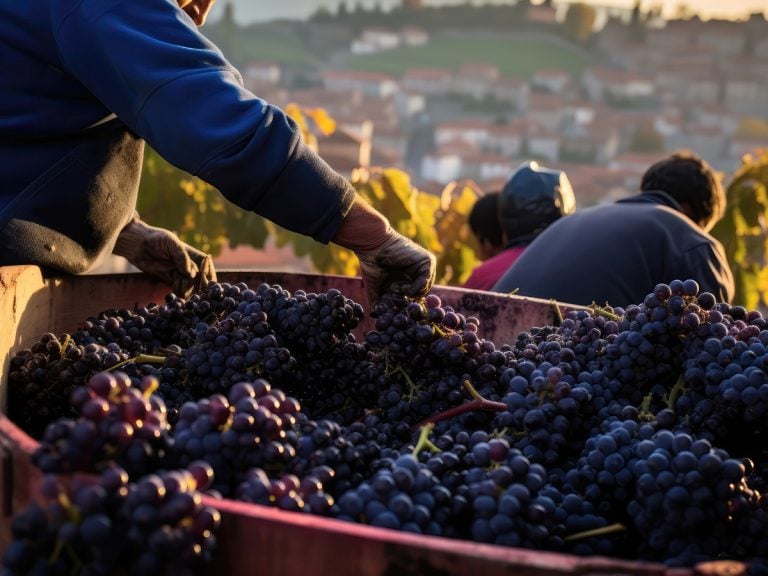
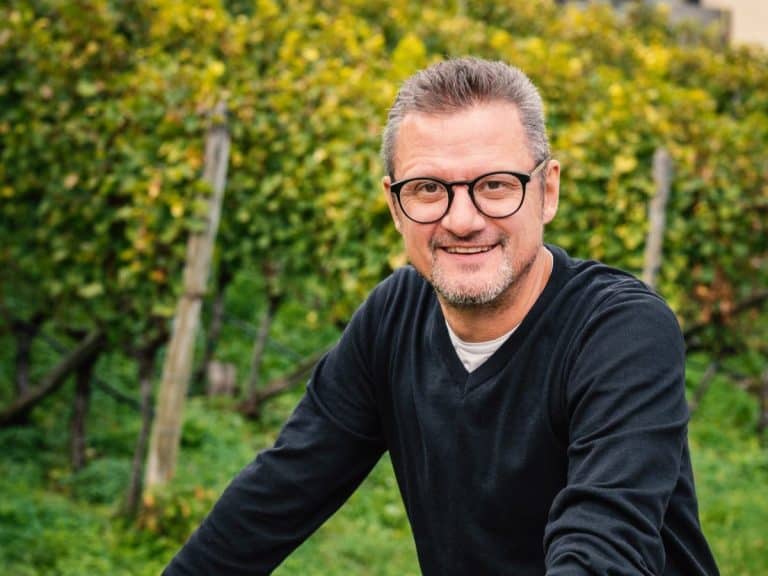 Non-alcoholic wines? Call them what you want, but they’re still a derivative of wine.” An Interview with Martin Foradori
Non-alcoholic wines? Call them what you want, but they’re still a derivative of wine.” An Interview with Martin Foradori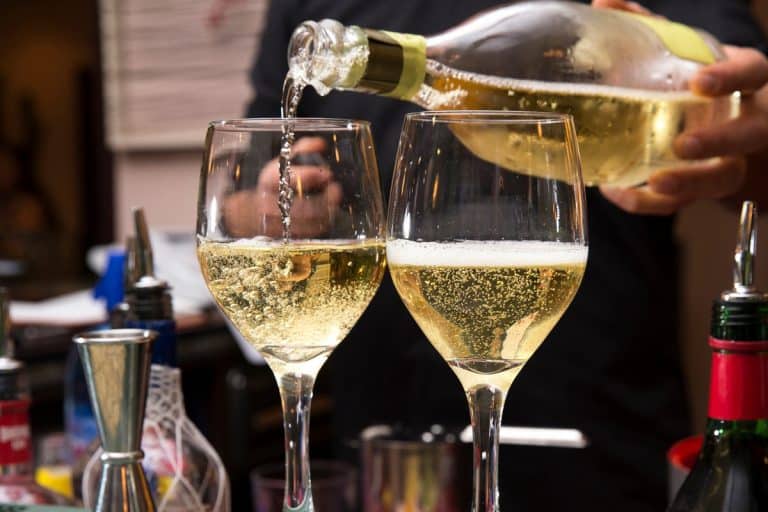 The 8 best Trentodoc wines chosen by Gambero Rosso
The 8 best Trentodoc wines chosen by Gambero Rosso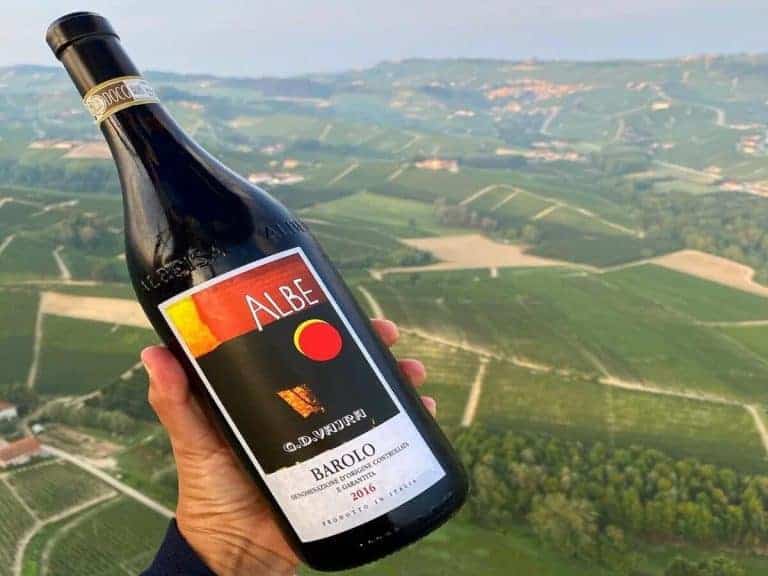 A Piedmont wine enters the top ten of Wine Spectator's "Top 100"
A Piedmont wine enters the top ten of Wine Spectator's "Top 100" Sparkling wines surpass still wines in Italian out-of-home consumption. Most popular during the aperitif
Sparkling wines surpass still wines in Italian out-of-home consumption. Most popular during the aperitif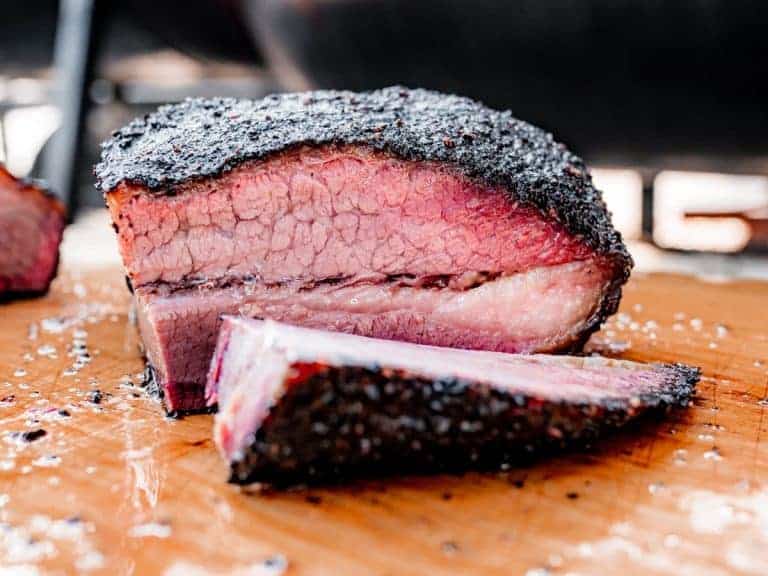 American Barbecue wins a Michelin star for the first time in history
American Barbecue wins a Michelin star for the first time in history